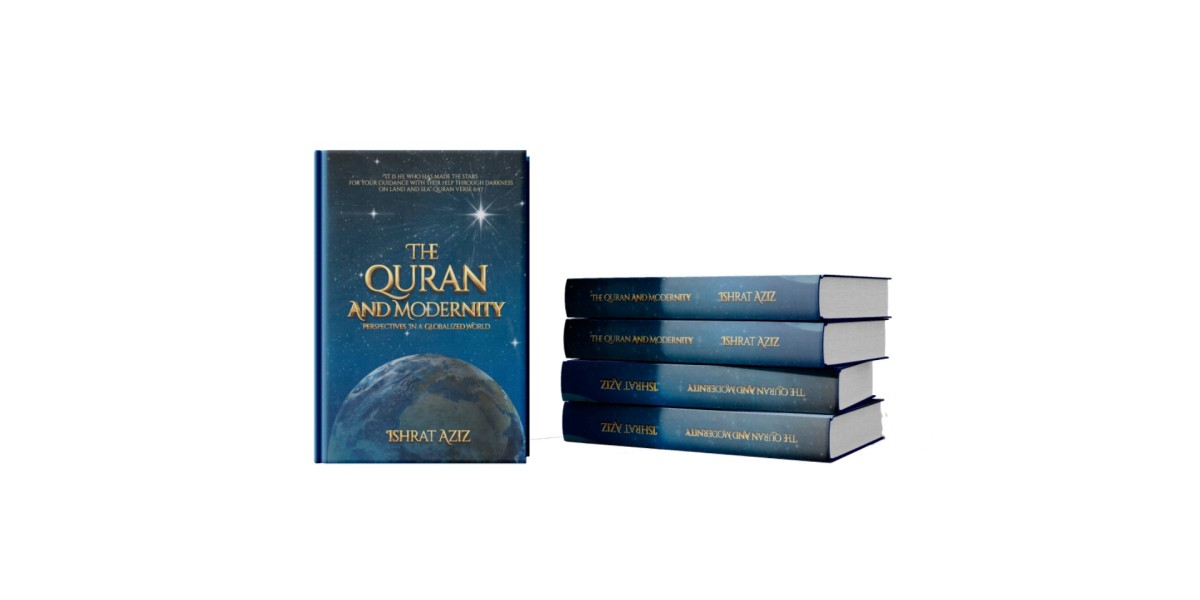Islamic teachings on equality stand as a pillar of faith and justice. From its earliest message, Islam declared all humans equal before God. No race, tribe, or gender holds superiority. Every person is valued for character and deeds. Therefore, this principle builds unity and fairness. Moreover, the Qur’an reminds us that diversity is a sign of divine wisdom. It calls humankind to respect one another. Consequently, the message eliminates arrogance and pride. Through this truth, faith connects hearts. Ultimately, equality becomes a moral foundation, guiding societies toward peace, balance, and compassion for all.
Divine Vision of Equality - Islamic Teachings on Equality
The Qur’an opens doors of understanding for Islamic teachings on equality. It speaks to hearts across cultures, nations, and times. It reveals that all creation shares one origin. Hence, humanity stands equal under the same Creator. This vision fosters respect and mutual care. It removes division born of ignorance. Furthermore, it uplifts people by reminding them that honor lies in righteousness, not status. The Prophet Muhammad embodied this teaching through his humility and justice. Consequently, the message remains timeless. Thus, Islamic equality forms the core of human dignity and shared responsibility on Earth.
Human Dignity in Everyday Life
Equality in faith is not only a theory but a daily practice. It shapes how people act, speak, and think. Each greeting, gesture, or decision reflects the belief in fairness. When we respect others, we reflect divine guidance. Every act of kindness reinforces unity. Moreover, equality inspires empathy between rich and poor, strong and weak. It turns social barriers into bridges. Therefore, believers are urged to serve, forgive, and cooperate. Life becomes more peaceful when everyone feels valued. Through small actions, faith transforms communities. Ultimately, this creates societies grounded in justice, mercy, and shared humanity.
Role of Justice and Mercy
Justice and mercy complete the message of equality. The Qur’an links them inseparably. Without justice, equality fades. Without mercy, justice becomes harsh. Hence, balance defines faith. The Prophet taught that helping the oppressed and restraining the oppressor both serve justice. In daily life, this means standing for truth, even when it’s hard. Moreover, it encourages fairness at work, in family, and in law. Every believer must ensure others’ rights. When mercy softens justice, peace grows. Therefore, Islamic teachings guide people to uphold dignity through fairness and compassion side by side.
Equal Rights in Islam
Equal rights in Islam affirm that all humans share responsibilities and opportunities. The Qur’an grants both men and women spiritual and moral equality. It commands kindness, justice, and respect within families and society. Therefore, every person has value, purpose, and freedom. These rights form the basis of strong, balanced communities. Moreover, equality protects the weak and restrains abuse of power. It encourages honest leadership and fair governance. Thus, Islam does not limit freedom it refines it. Through faith, equal rights in Islam nurture accountability, empathy, and respect for the diversity of creation.
The Message of the Quran
The Quran and humankind Book deepen this understanding Islamic teachings on equality. It explains how divine revelation connects to human experience. It explores moral freedom, reason, and justice. The book reminds readers that Islam promotes openness to knowledge and coexistence. Moreover, it clarifies how equality aligns with modern values. It shows that Islam supports education, innovation, and dialogue. Through its pages, readers discover that revelation embraces all people, not one group. Ultimately, the message inspires peace among nations. Thus, the Quran and the Book of Humankind reaffirm that equality anchors divine purpose.
Challenges in Modern Understanding
Today, many still misunderstand the message of equality. Misinterpretations and cultural traditions sometimes overshadow core teachings. As a result, injustice appears where fairness should rule. Yet, Islam’s message remains clear. It always calls for balance, tolerance, and understanding. Moreover, awareness can heal division. Through education, discussion, and compassion, believers can restore true values. Equality is not a modern invention; it is a timeless truth. Hence, embracing it revives the original Qur’anic spirit. When faith meets knowledge, transformation begins. Consequently, every individual can renew society with honesty, justice, and respect for all.
Living the Principle of Equality
Living equality means turning belief into action. It starts with awareness and grows through behavior. Each person must treat others fairly and listen with empathy. Moreover, believers must stand against discrimination, prejudice, and injustice. They should create workplaces of fairness, homes of respect, and friendships of honesty. Equality strengthens every connection. It makes faith visible. The Qur’an encourages believers to be witnesses for truth, not silent observers. Therefore, living equality transforms the soul and society. It brings divine teachings to life, ensuring harmony, unity, and mutual trust among humankind.
Islamic teachings on equality - Call of Faith and Humanity
Finally, the principle of equality reminds us of shared purpose. All people seek peace, dignity, and justice. Islam guides this journey. It shows how faith unites, not divides. Moreover, it calls believers to be compassionate and responsible. The message extends beyond rituals—it builds hearts. Every act of goodness reflects divine will. Through equality, faith becomes a living bond among humans. When we embrace this, peace grows. Thus, the call of equality echoes through time. It invites everyone to rise together, live justly, and honor every soul on Earth.
Education as a Path to Equality
Education remains the strongest path to equality. The Qur’an begins with the command to read, showing knowledge as light. Learning removes ignorance, which often breeds inequality. When people gain understanding, they learn respect and justice. Moreover, education empowers women and men equally. It helps communities grow stronger and fairer. Through learning, people discover shared values and human dignity. Therefore, schools, families, and faith centers must nurture open minds. Knowledge shapes conscience and builds unity. Ultimately, when hearts and minds are educated, equality thrives, and society reflects the true spirit of divine guidance.
Faith, Action, and Global Harmony
Faith reaches its full meaning through action. Words alone cannot uphold equality; deeds must follow belief. When people practice fairness, kindness spreads across borders. Moreover, Islam teaches that goodness unites nations and erases hatred. Every act of justice strengthens trust among communities. Therefore, believers must carry the message of equality into the world. Helping others, protecting rights, and sharing compassion create harmony. Through such actions, faith becomes universal. Ultimately, when humanity lives with justice and empathy, peace grows. Thus, the spirit of equality turns belief into a living, global force for unity.
Islamic teachings on equality and Collective Responsibility
Equality grows stronger when communities act together. Every believer shares responsibility for justice. When one person suffers, society must respond with care. Moreover, the Qur’an encourages believers to cooperate in goodness, not division. Helping the needy, supporting fairness, and protecting dignity unite hearts. Through collective effort, kindness becomes a habit. Each community becomes a reflection of faith’s beauty. Therefore, equality thrives when everyone participates. Responsibility shared is harmony achieved. Ultimately, when people stand together, they build peace. This shared duty transforms faith from belief into living action, shaping a just and compassionate world for all.
Conclusion
Islamic teachings on equality light the path to unity and peace. They remind us that every person holds divine worth. The Qur’an teaches fairness, kindness, and cooperation among all people. The Quran and Humankind Book renews this message for modern life. It invites believers to reflect, act, and inspire change. Moreover, equal rights in Islam prove that justice lies at faith’s core. When we apply these lessons, harmony grows. Humanity stands together, guided by truth and compassion. Thus, equality remains the foundation of moral strength and shared destiny.







